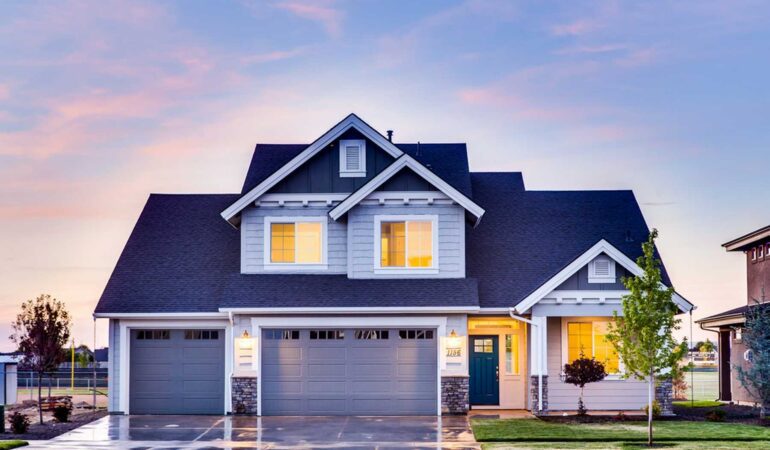Experts suggest you should do maintenance on your garage door about once every 3,000 cycles. That averages out to about once per year for the average household.
But, what happens when in-between maintenance your garage door begins to make unexpected noises?
While these noises could be inconsequential, there might be something more going on. Follow along to learn more about how to identify and repair a noisy garage door.
Separate Normal from Abnormal Noises
By nature, garage doors will make noise because it is a large metal sheets lifting and lowering. But, there are normal noises and abnormal noises that are easy to discern even to an untrained ear.
Expect your garage door to make a slight rumbling sound and even occasional squeaks even when it’s in tip-top shape. The trouble is when these regular operational noises become too loud, too frequent, and too jarring.
Noisy Garage Door vs Noisy Garage Door Opener: Know the Difference
Though they work in tandem, the garage door is separate from the mechanism that pulls it up and down. Of course, this doesn’t apply to those with manual garage doors.
But, if you have a garage door opener, it’s important to separate the noises it makes from the noises your garage door makes. Take the time to listen and hone in on what mechanism is making what noise. Then, you’ll have a better idea of how to begin fixing a garage door or fixing a garage door opener.
Identify Abnormal Garage Door Noises
Is the noise coming from the door itself or the opener? At what point in the opening or closing process do you hear the noise?
Answering these questions can help you pinpoint the source of the noise. Run your garage door a few times and make notes about the type of noise and its location. Some common noises and where they come from on a broken garage door include the following.
Rattling
Often, garage doors rattle when the nuts and bolts along its track come loose. But, rattling may also indicate that the garage door rollers, hinges, or springs aren’t lubricated. Try checking for and tightening loose bolts and adding a lubricant to affected areas to remedy this issue.
Squeaking
Squeaking is another issue that may mean your noisy garage door needs more lubrication. After you run your garage door a few times, you should be able to identify the source of the squeaking. Whether it be a hinge, roller, bearing, or spring, applying a thorough amount of lubricant should fix the squeak.
Banging
Another common noise made by a loud garage door is banging. The most common reason for banging sounds is an unbalanced garage door or a broken torsion spring. Knowing how to identify what’s wrong with your banging garage door is as easy as listening to when the banging happens.
If it happens during the opening and closing process, it’s likely an unbalanced garage door. But, if it happens as the garage door hits the ground, it’s likely a broken spring.
While there are many spring replacement and garage door balancing tutorials available, we only recommend the DIY approach for seasoned handypeople. The heavy door and high-tension springs make this project too dangerous for untrained beginners. Instead, consider calling a garage door technician to help.
Need More Help? Contact the Experts!
If your noisy garage door is giving you too much grief, it might be time to contact the experts. There are many garage door repair companies to choose from in North Carolina, but none so dedicated to service and quality as Advanced Overhead Door NC.
We will inspect your door and make any necessary repairs. In most cases, we can fix the issue in just a few hours.
Contact Us Today
Free Consultations!
Learn More about Garage Door Malfunctions 👇
What to do if your Garage Door Opener does not work??
